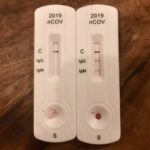
Mark-Steven Howe looks at the diagnostic test accuracy of Covid-19 antibody tests in this opinion piece.
[read the full story...]
Mark-Steven Howe looks at the diagnostic test accuracy of Covid-19 antibody tests in this opinion piece.
[read the full story...]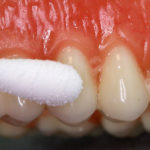
This review of dental pulp test accuracy included 28 studies. While the findings suggest that laser doppler flowmetry and pulse oximitery are the most accurate the quality of the available studies is low.
[read the full story...]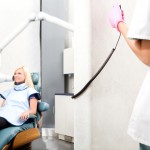
This review compared direct digital sensors and indirect photostimulable phosphor plates for the detection of caries. Six studies were included in the review with 4 contributing to the meta-analysis. There was no significant difference between the two systems and they displayed good specificity and limited sensitivity.
[read the full story...]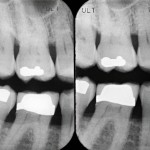
This review of 117 studies, which were mainly in vitro studies (93), found radiographic caries detection to be highly accurate for cavitated proximal lesions and also suitable to detect dentine caries lesions.
[read the full story...]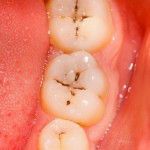
This review included 102 studies the majority (77%) being laboratory-based findings that visual inspection had good caries detection accuracy in primary and permanent teeth, with a trend for higher specificity than sensitivity.
[read the full story...]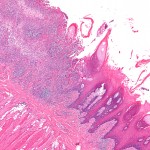
This Cochrane review of adjunctive diagnostic tests for oral cancer included 41 studies assessing vital staining, cytology, and light-based tests. The available studies were of poor quality detection with none of the tests being considered as a replacement for the currently used standard of a scalpel biopsy and histological assessment.
[read the full story...]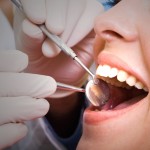
This study compared the diagnostic accuracy of dental screening by hygiene-therapists with dentists. The results show that they could be used to screen for caries and periodontal disease. This could allow for a change in the traditional model of dental care seen in the UK.
[read the full story...]